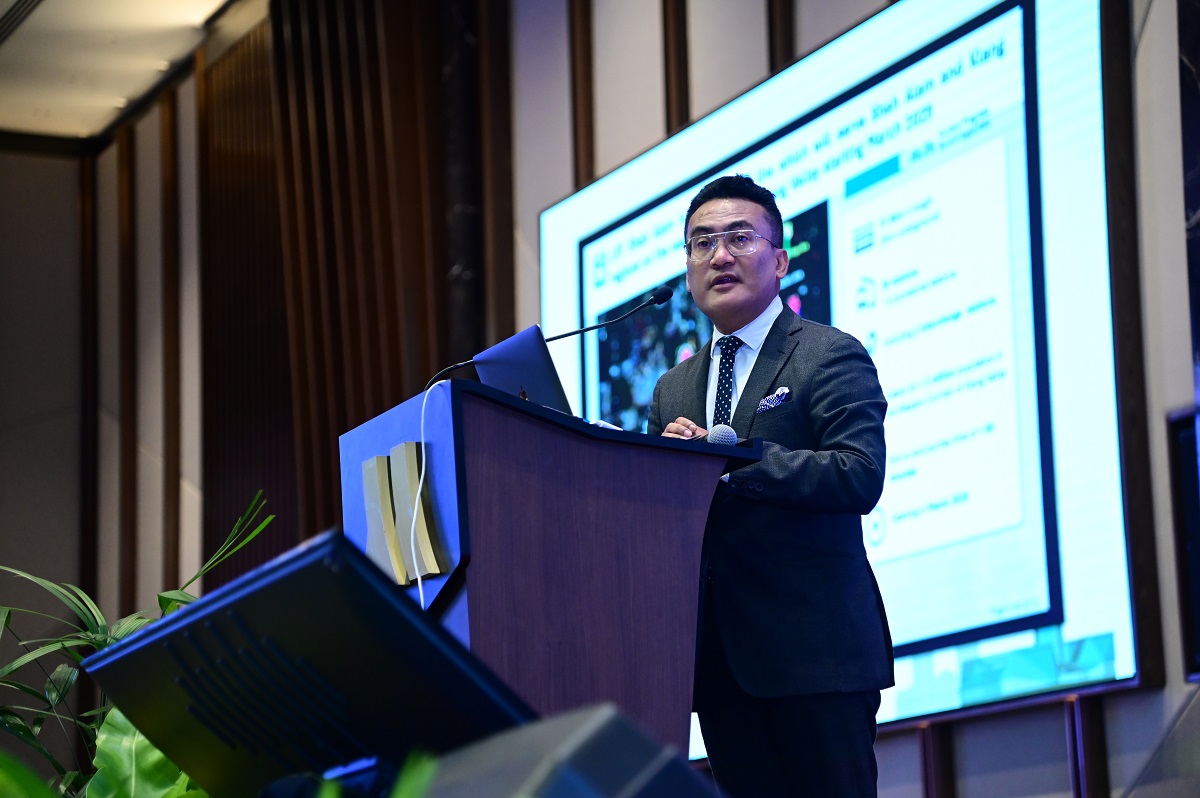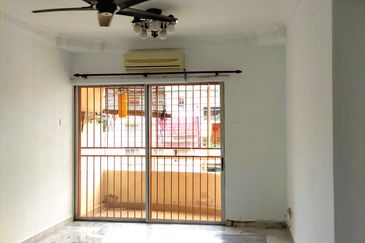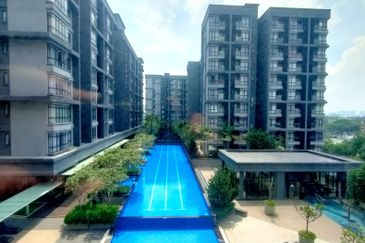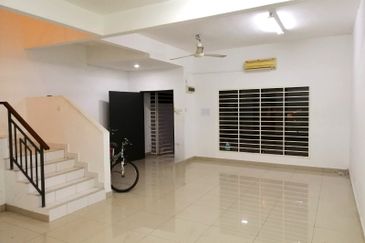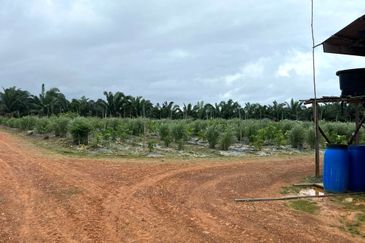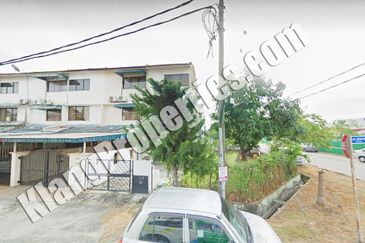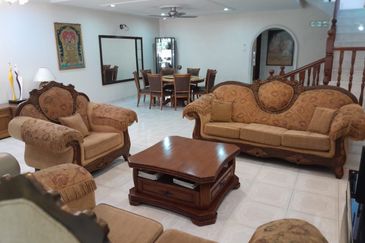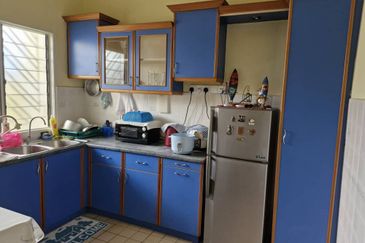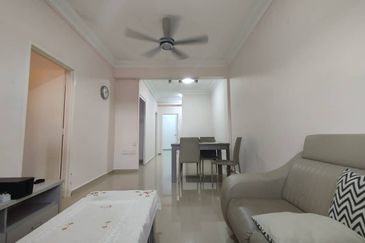- LRT ridership will have a significant increase in 2025 with the opening of LRT Shah Alam or LRT 3 to serve one of the densest corridors in the Klang Valley, and expected to cater to over two million people.
KUALA LUMPUR (Sept 29): Prasarana Malaysia Bhd president and group chief executive officer Mohd Azharuddin Mat Sah is of the view that Kuala Lumpur’s transportation ecosystem must be optimised to create a more resilient public transport system.
Presenting the paper “Creating Resilient Public Transport System for Kuala Lumpur: The Strategies and Implementations” at the at the 14th International Conference on World Class Sustainable Cities (WCSC) 2023 on Sept 26, he revealed that the LRT ridership will experience a significant increase in 2025 with the opening of LRT Shah Alam or LRT 3. It will serve one of the densest corridors in the Klang Valley and expected to cater to over two million people.
Read also:
WCSC 2023 drives proactive urban development practices to achieve resilient cities
WCSC expert insights: Shaping future cities that are safe, resilient and inclusive
A challenge to walk … in the city
EdgeProp presents: Resilient urbanisation — do we have what it takes?
City living on the rise with 26 mil Malaysians calling urban areas their home
In 2022, the LRT Kelana Jaya line had a total of 36 disruptions occurring within that year. To avoid future disruptions, Mohd Azharuddin shared the Mean Kilometre Between Failures (MKBF) benchmark that Prasarana is using to assess a train's reliability and journey, preventing damage before it happens.
“My role is not just to have people in the B40 using the public transport. But I also need to ensure as many people, whether the T20 or M40, to have the confidence to take our services. That’s an important role because no nation is able to grow without great public transport in the capital city. We have 10,000 staff, all ready to make sure that Kuala Lumpur stands among the rest, in terms of reliability,” he said.
More buses for Kuala Lumpur with improved facilities
Mohd Azharuddin stated that Kuala Lumpur’s buses per thousand population is little compared to the world’s other top cities like Hong Kong and London. Currently, Prasarana runs about 1,000 buses in Kuala Lumpur—but that’s not enough, according to him. To meet the demand, Prasarana is adding mini buses, and vans in collaboration with a company called kumpool to run a Demand Responsive Transit (DRT) service.
“We spent billions of ringgit on the MRT, but we also need to spend more on walkways, bus stops, and hubs,” he said, highlighting the need to improve the facilities. He also applauded Transport Minister Anthony Loke for championing the policies to make the facilities better, which enables Prasarana to provide better space for buses.
City commuters can look forward to 100 units of EV buses on the road as the company moves ahead with phase 1 of the Rapid Bus fleet electrification programme.
Mohd Azharuddin also shared that Prasarana’ Sustainability Blueprint, with the intention to reduce its operation carbon emissions by 45% by 2030 through three key initiatives -- solar PV installation, bus electrification programme and energy audit for the rail sector.
“So when we talk about the public transportation system, it’s not just about building rail. It’s the whole ecosystem of change and managing it, not just within the company, but with local authorities, federal government and state governments,” he concluded.
The WCSC conference is co-organised by the Real Estate and Housing Developers' Association Wilayah Persekutuan Kuala Lumpur (REHDA WPKL), the Malaysian Institute of Planners (MIP) and the Malaysian Institute of Architects (PAM), with the endorsement of Kuala Lumpur City Hall (DBKL). EdgeProp.my is the media partner.
Looking to buy a home? Sign up for EdgeProp START and get exclusive rewards and vouchers for ANY home purchase in Malaysia (primary or subsale)!
TOP PICKS BY EDGEPROP

Bandar Botanic
Bandar Botanic/Bandar Bukit Tinggi, Selangor
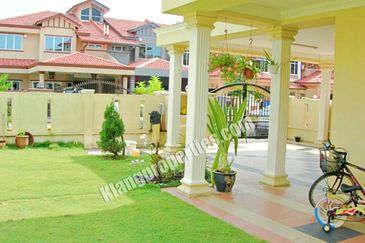
Bandar Botanic
Bandar Botanic/Bandar Bukit Tinggi, Selangor

Ambang Botanic
Bandar Botanic/Bandar Bukit Tinggi, Selangor
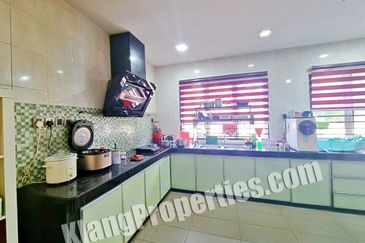
Ambang Botanic
Bandar Botanic/Bandar Bukit Tinggi, Selangor
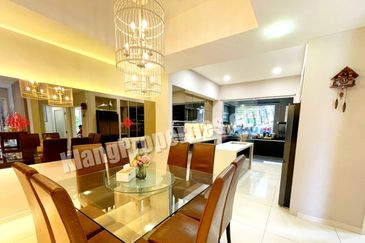
Bandar Botanic
Bandar Botanic/Bandar Bukit Tinggi, Selangor
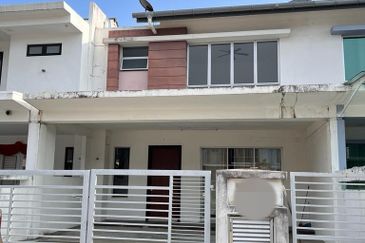
Ambang Botanic
Bandar Botanic/Bandar Bukit Tinggi, Selangor
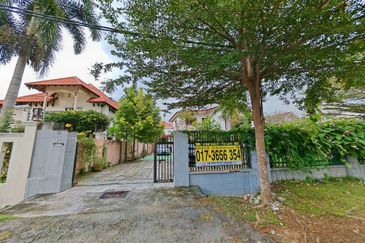
Taman Melawis (Taman Heng Luen)
Klang, Selangor
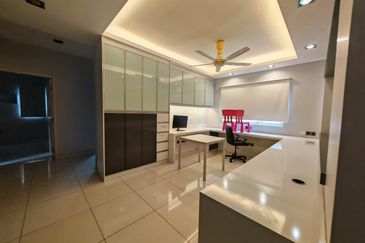
Bandar Botanic
Bandar Botanic/Bandar Bukit Tinggi, Selangor

